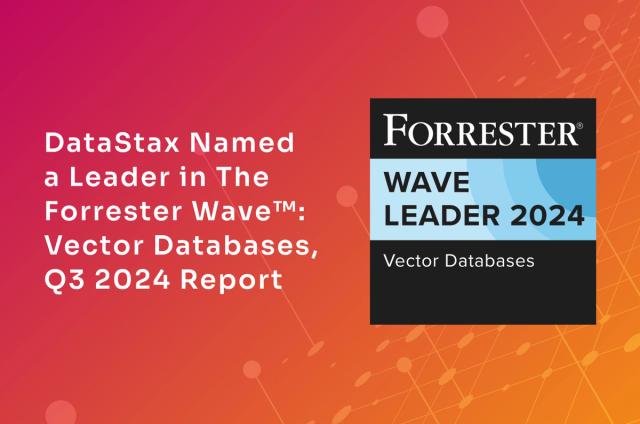How Retailers Can Avoid Holiday Season Outages

Black Friday always comes with its share of shopping glee and surprises, and this year was no different as a number of large retailers experienced sales-gouging outages.
The holiday season can be a make-or-break period for retailers—a time when they’ll either rake it in and significantly increase customer loyalty or come up short and have to deal with customer frustration, lost revenue, and tarnished brand images.
But instead of getting it wrong and waiting a whole year to fix it, the best way to deal with Black Friday and ensuing holiday period outages is not experience them at all. How can retailers do this? By being ready ahead of time with a database that can handle the massive data influx without going down.
Remember: Black Friday is just the first test of the holiday season—a chance for retailers to readjust and regroup if they experienced some downtime difficulties. Essentially—it leaves retailers with little excuse for being unprepared for the incoming onslaught of holiday traffic.
From a data management perspective, here are the main steps they can take to do this:
1. Build for extremely high availability
The more servers in the mix the better, because this gives you many options for keeping your systems on 24x7x365 while still being able to support maintenance operations, code deployments, etc—all key to surviving the holiday season traffic.
2. Build for zero fault tolerance
The key to achieving zero fault tolerance is having a masterless architecture. By distributing data across multiple nodes, a masterless architecture provides the resilience and fault tolerance your database needs by allowing it to tolerate the loss of any given node in your cluster and still serve read and write requests. Mobile applications flooded with data stay up. “Buy now” buttons keep working. Carts keep filling. Customers stay happy.
3. Build for infinite scalability
Having linear scalability is key to surviving and thriving in peak traffic times. Unfortunately, relational databases cannot provide the linear scalability retailers need to handle the holiday traffic. What they need is a NoSQL, Active Everywhere database that allows them to easily and affordably scale applications by simply adding additional nodes to the cluster.
4. Build for high concurrency
Here we go back to the idea of masterless architectures and multiple data centers. When your data is spread across more machines, you can handle more users accessing your systems at once, allowing you to handle multiple read requests at once. With a distributed, Active Everywhere database, this capability is built into the database DNA, making data replication a natural part of every read and write operation.
5. Build (and plan) for hybrid and multi-cloud
Most companies have hybrid and/or multi-cloud application deployment in their plans today, if they aren’t already heavily invested in it. The power of hybrid cloud to revitalize application development and streamline go-to-market updates is unquestionable. The issue is how to do this without running into business-damaging problems like data silos. Weaving together data from multiple sources, be they on-premises data centers or public and private clouds, is an incredibly complicated task but one that is key to being able to keep mission-critical applications running well in peak holiday traffic. Case in point: retailers absolutely need to be hybrid-cloud ready if they are going to avoid holiday downtime.
The Bottom Line Is NO DOWNTIME
Black Friday is behind us but the holiday season is just beginning, and next year’s Black Friday will roll around much sooner than expected. Be ready with a database that can support hybrid and multi-cloud application deployment with easy scalability and zero fault tolerance without going down.
Yes—it’s possible.
In DataStax Enterprise (DSE), continuous availability and infinite scalability are built into the core architecture. Because DSE has masterless architecture, any node within a cluster can respond to a read or write request. Each node is identical, autonomous, and 100% active in function. This means that any node can serve an incoming request and the data is then replicated across the cluster, providing extremely high availability and no downtime for seamless, outage-free holiday sales.




